Accra, Ghana – July 15, 2025
In a decisive move hailed by civil society and cultural organizations across Africa and the diaspora, the African Union (AU) has resolved to extend its 2025 theme of reparations into a full Decade of Reparations spanning from 2026 to 2036. The announcement was made during the 7th AU Mid-Year Coordination Meeting held in Malabo, Equatorial Guinea.
The Teaching Artist Institute (TAI), a global arts diplomacy organization rooted in African and Indigenous perspectives, offers celebratory sifa to the AU for this historic resolution, calling it “a testament to the continental body’s continued commitment to advancing justice, accountability, and repair for Africans and people of African descent.”
The AU’s decision follows extensive continent-wide consultations led by the AU Commission and its key organs, notably the African Union Economic, Social and Cultural Council (ECOSOCC). Civil society organizations and diaspora communities were instrumental in advocating for a long-term vision of reparatory justice, ensuring the movement’s momentum is sustained well beyond 2025.
“The significance of this extension is that it allows for deeper and more sustained advocacy toward justice, healing, and transformative restitution,” said TAI. “It sends a clear message that reparatory justice is not a symbolic, one-year initiative, but a vital campaign for global equity and historical reckoning.”
TAI also recognized the African Union’s existing mechanisms for accountability and research, including the appointment of Special Rapporteurs within bodies such as the African Union Commission on International Law (AUCIL) and the African Commission on Human and Peoples’ Rights. These roles have been pivotal in addressing thematic concerns across the continent.
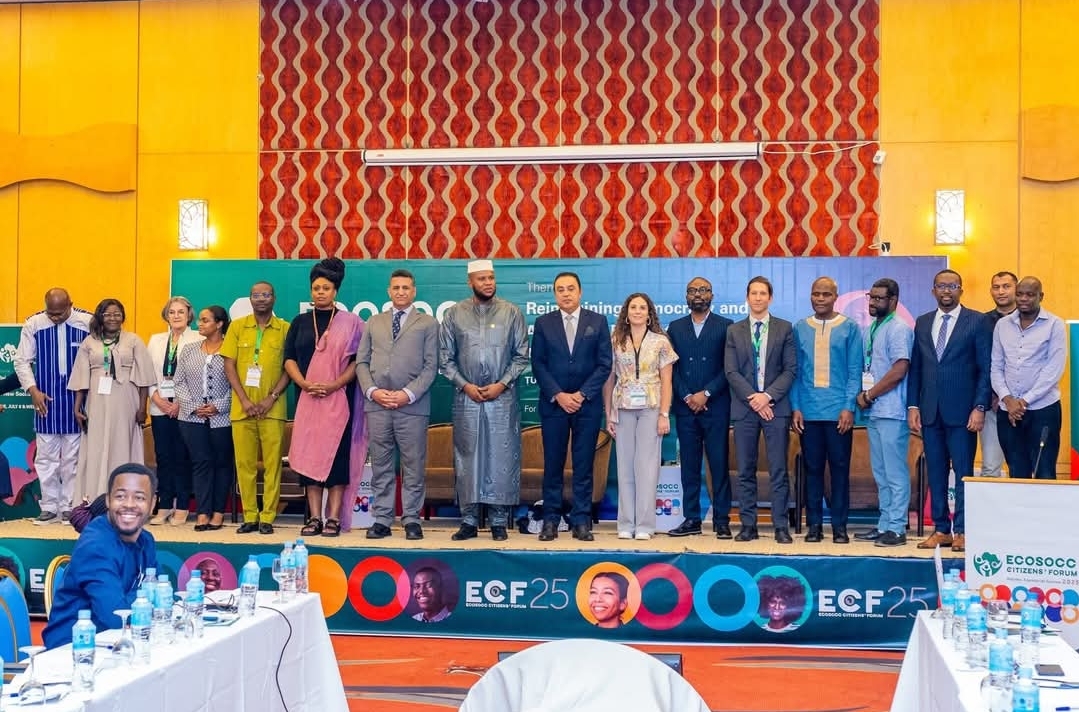
In light of the new Decade of Reparations, TAI announced its intention to advocate for the establishment of a permanent AU Special Rapporteur on Reparatory Justice and Healing. Such a position, it argued, would ensure consistent leadership, strategic coordination, and dedicated oversight in advancing the goals of the reparations movement throughout the decade and beyond.
The AU’s announcement also included the appointment of H.E. John Dramani Mahama, President of the Republic of Ghana, as the Champion of the Reparatory Justice Agenda. TAI commended President Mahama on his new role and praised Ghana for its consistent leadership in the global reparations dialogue.
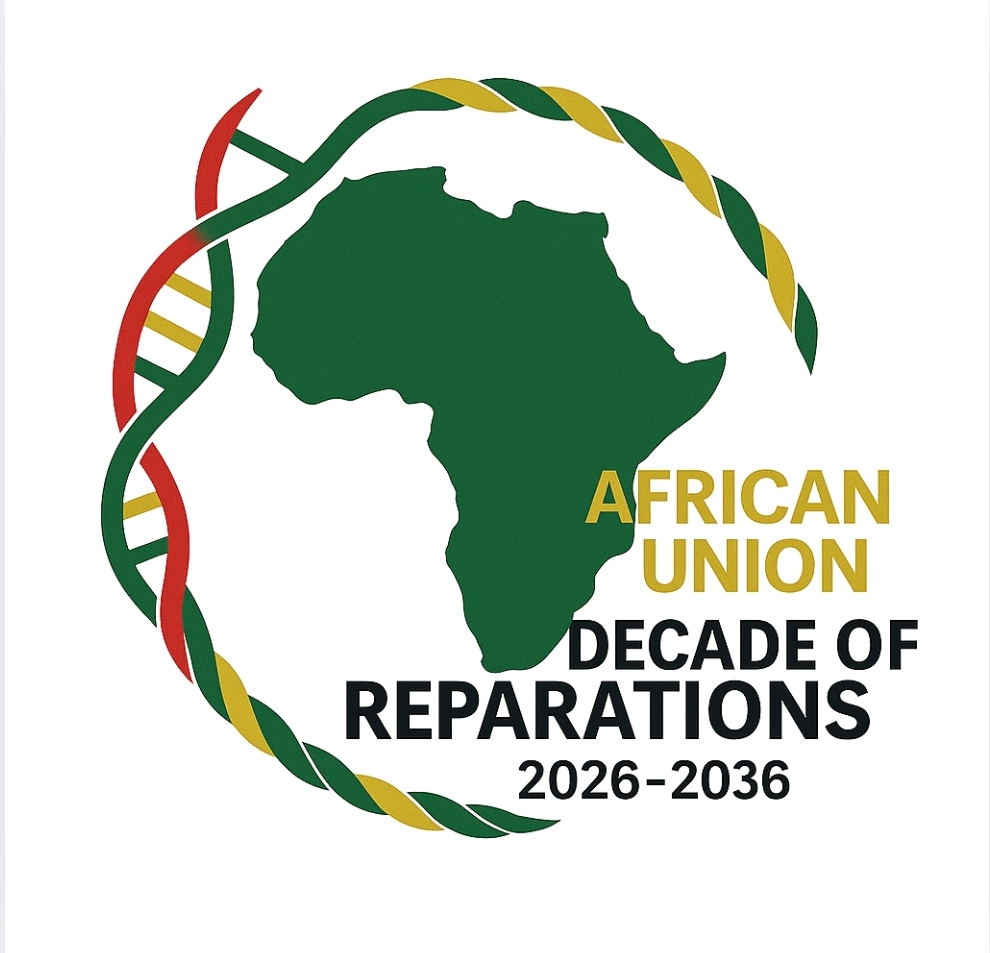
“President Mahama’s selection reflects the confidence of AU member states in Ghana’s moral and political authority to guide this continental priority,” TAI stated.
As the Decade of Reparations unfolds, TAI reaffirms its commitment to supporting this movement through arts-based initiatives, glocal grassroots engagement, intercultural exchanges, and the establishment of interfaith centers of healing. These efforts, grounded in African and Indigenous knowledge systems, will serve as vital platforms for collective restoration, dialogue, and global solidarity.
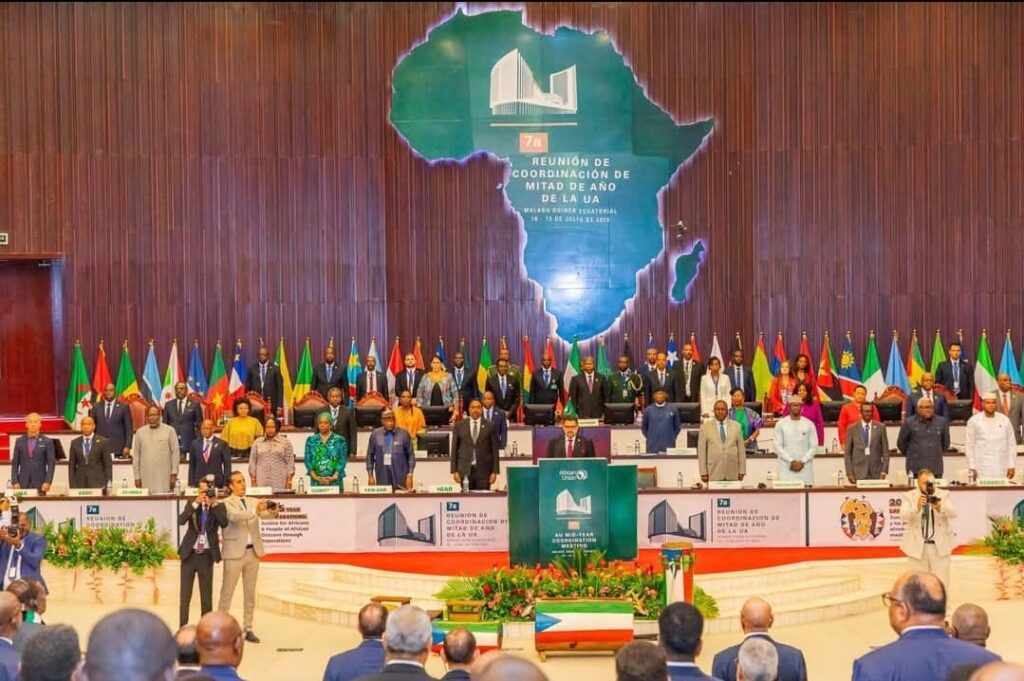

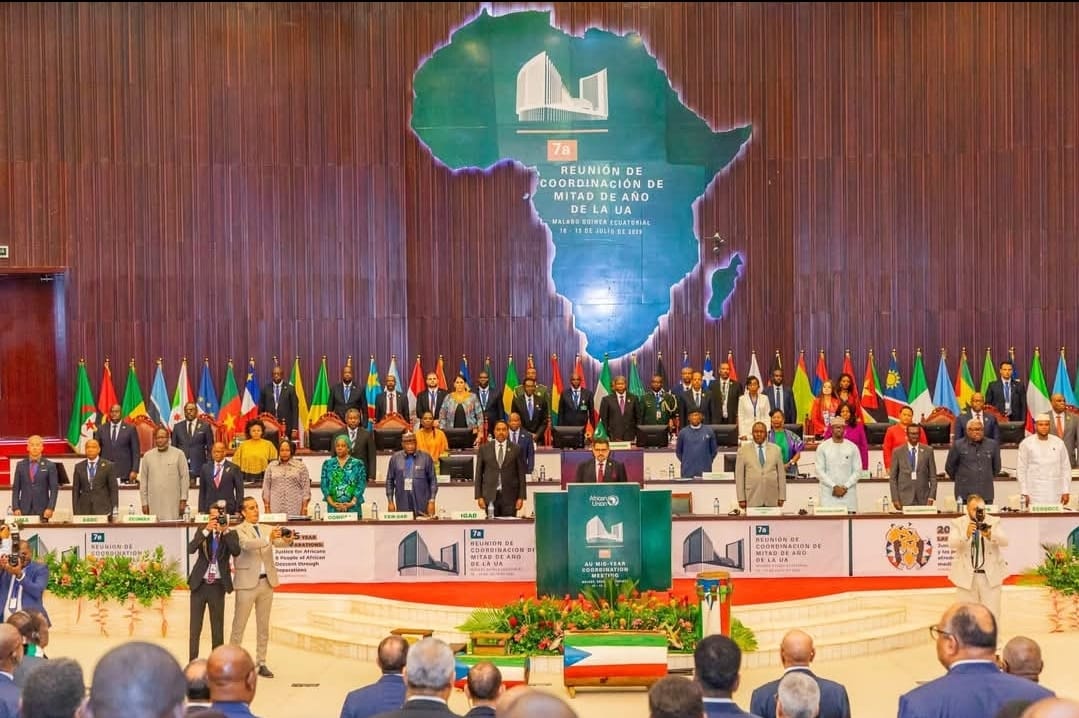
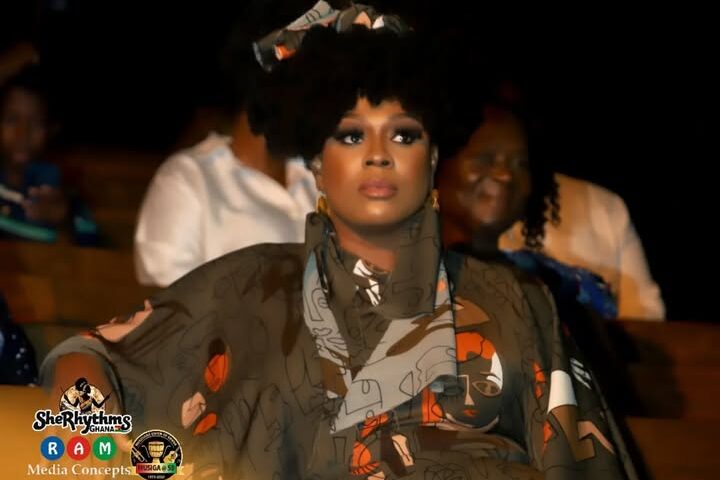
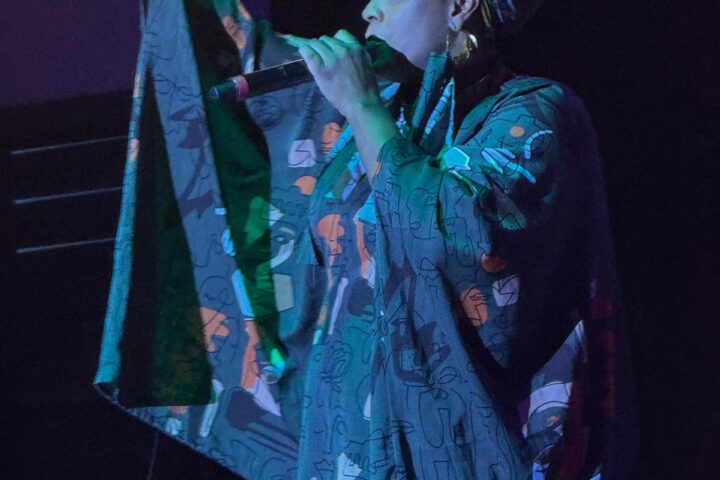
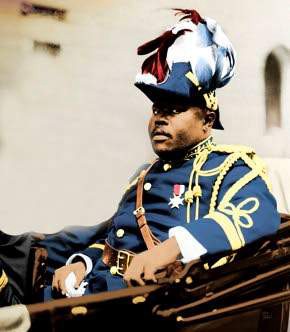
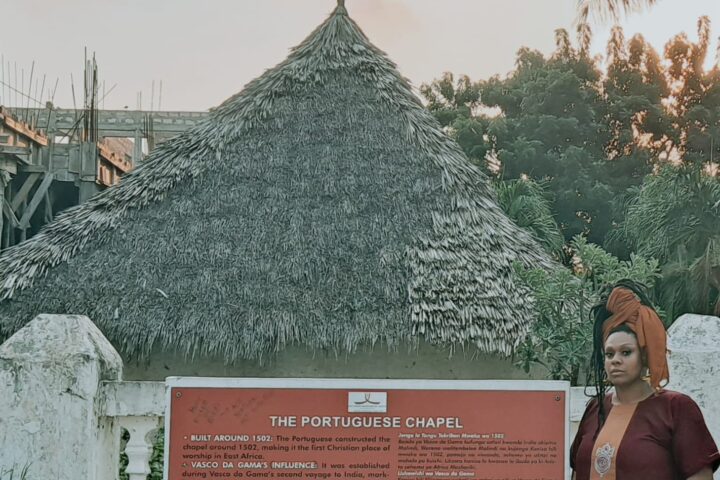
What is all about